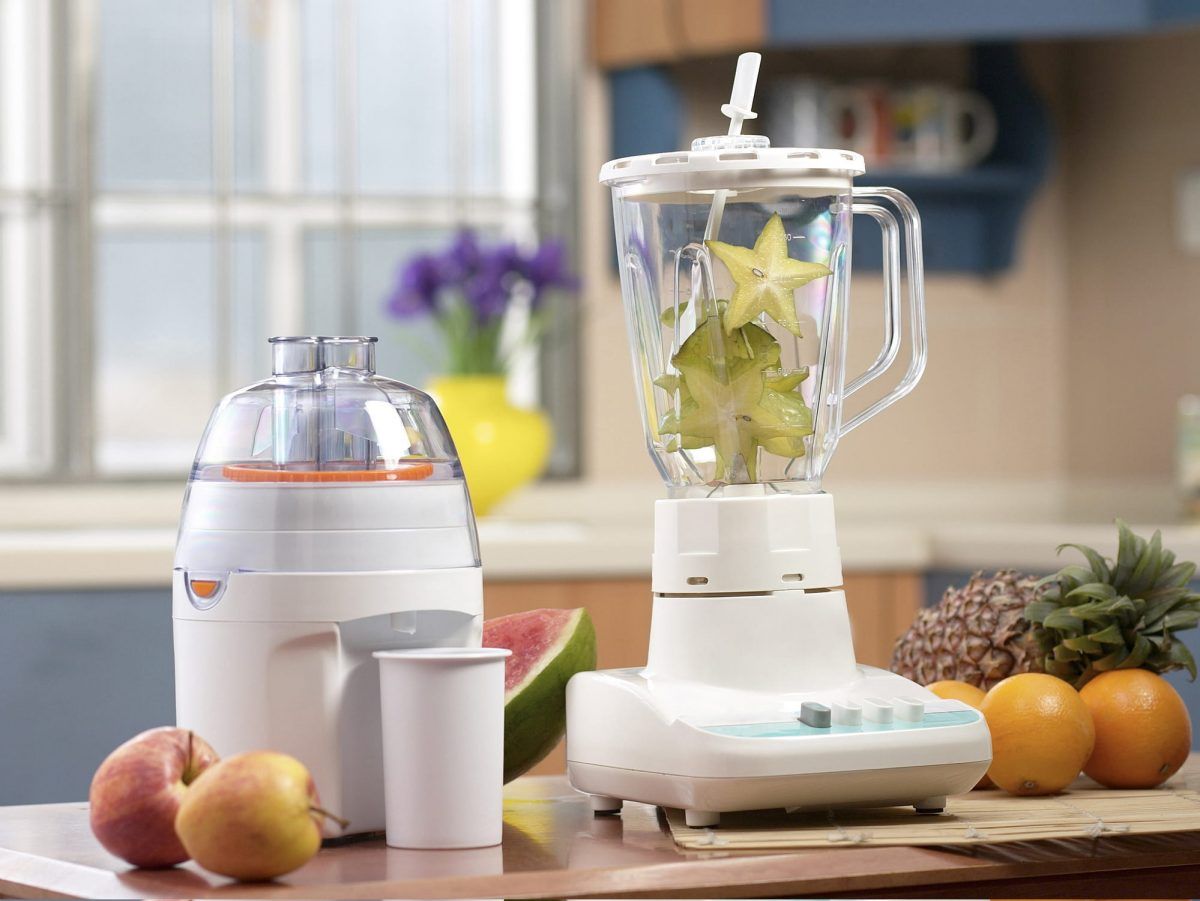

Articles
Which Is Better Juicer Or Blender
Modified: January 5, 2024
Discover the pros and cons of juicers and blenders in this informative article. Find out which kitchen appliance is right for you!
(Many of the links in this article redirect to a specific reviewed product. Your purchase of these products through affiliate links helps to generate commission for Storables.com, at no extra cost. Learn more)
Introduction
Welcome to the world of juicers and blenders, where the quest for a healthy lifestyle meets the desire for delicious and nutritious beverages. In today’s fast-paced world, many people are looking for convenient ways to incorporate more fruits and vegetables into their diets. Juicers and blenders are two popular kitchen appliances that can help you achieve this goal.
The purpose of this article is to explore the differences between juicers and blenders, and help you decide which one is better suited to your needs. Both appliances have their own unique features and benefits, so it’s important to understand their pros and cons before making a purchase.
So, let’s dive in and discover whether a juicer or blender will be your new kitchen companion on your journey to a healthier lifestyle.
Key Takeaways:
- Juicers excel at extracting concentrated, pulp-free juices, ideal for those prioritizing high juice yield and smooth consistency. However, blenders offer versatility, nutrient retention, and the flexibility to create a wide range of recipes.
- When choosing between a juicer and a blender, consider your desired beverage type, ingredient versatility, texture preferences, and lifestyle. Both appliances can elevate your nutrition and empower you to maintain a healthier lifestyle.
Read more: Food Processor vs Blender: Which is Better?
Purpose of This Article
The purpose of this article is to provide you with a comprehensive understanding of the differences between juicers and blenders, and help you determine which one is better suited to your needs. Whether you’re interested in making nutrient-rich juices or smoothies packed with fiber, vitamins, and minerals, this article will serve as your guide in making an informed decision.
By exploring the pros and cons of both juicers and blenders, as well as the factors you should consider when choosing between them, you’ll be equipped with the knowledge to select the appliance that aligns with your lifestyle and preferences. We’ll also delve into popular models of juicers and blenders, highlighting their features and performance.
Moreover, this article aims to address common questions and concerns regarding the nutrient retention, versatility, and overall performance of juicers and blenders. It will provide you with a comparison of their abilities to extract nutrients, handle various ingredients, and create a wide range of recipes.
Ultimately, our goal is to empower you to make the best decision based on your individual needs, budget, and dietary goals. We want to ensure that you invest in an appliance that will not only bring convenience to your kitchen but also enable you to enjoy the benefits of consuming fresh, homemade beverages.
Now that we’ve established the purpose of this article, let’s dive into the world of juicers and blenders and explore the key differences between these two kitchen essentials.
Differences Between Juicers and Blenders
While both juicers and blenders are appliances designed for creating healthy beverages, they have distinct differences in terms of functionality and end results. Understanding these differences will help you determine which appliance best suits your needs.
Extraction Method: The main difference between juicers and blenders lies in their extraction methods. Juicers are specifically designed to separate the juice from the fibers of fruits and vegetables, extracting only the liquid. Blenders, on the other hand, blend all the ingredients together, resulting in a smooth and uniform mixture.
Texture: Juicers produce a smooth and pulp-free liquid, leaving behind the fibrous pulp. This allows for a silky and refreshing juice with a concentrated taste of the ingredients. Blenders, however, retain the fiber and pulp, resulting in a thicker and more textured beverage, often referred to as a smoothie.
Ingredients: Juicers are ideal for extracting juice from a variety of fruits and vegetables, including leafy greens, citrus fruits, and more. They are particularly efficient in extracting juices from high-water content produce. Blenders, on the other hand, can handle a wider range of ingredients, including fibrous fruits, hard vegetables, nuts, and seeds, as they blend everything together.
Time and Ease of Use: Juicers are generally faster in terms of juice extraction, as they separate the juice from the pulp more efficiently. However, they may require more prep time, as some models require fruits and vegetables to be chopped into smaller pieces. Blenders, while slightly slower due to their blending process, are generally easier to use since they can handle whole fruits and vegetables with minimal preparation.
Cleaning and Maintenance: Juicers typically have multiple parts that require thorough cleaning. The extraction screens and pulp containers need to be rinsed and scrubbed to remove any residual pulp. Blenders, on the other hand, generally have fewer parts to clean, as the blades are the primary cleaning focus. They can be quickly rinsed or placed in a dishwasher for a convenient and easy clean-up process.
Cost: Juicers come in a variety of types, ranging from centrifugal juicers, masticating juicers, to citrus juicers, each with different price points. In general, juicers tend to be a bit more expensive than blenders, especially the high-end models. Blenders, on the other hand, have a wide range of prices, and you can find options to fit almost any budget.
These are the key differences between juicers and blenders. Each appliance offers a unique approach to creating beverages, and your choice will depend on your personal preferences, dietary goals, and the types of ingredients you plan to use. In the next sections, we will explore the pros and cons of both juicers and blenders to help you make an informed decision.
Pros and Cons of Juicers
Juicers have gained popularity for their ability to extract pure and nutrient-rich juices from fruits and vegetables. Here, we will explore the pros and cons of using a juicer:
Pros:
- High Juice Yield: Juicers are designed to extract a high volume of juice from fruits and vegetables, maximizing the amount of liquid you can enjoy.
- Nutrient Extraction: Juicers efficiently extract the vitamins, minerals, and enzymes present in fruits and vegetables, making them easily absorbable by your body.
- Smooth Consistency: Juicers produce a smooth and pulp-free juice, allowing you to enjoy a refreshing and silky-textured beverage.
- Concentrated Flavor: By removing the fibers, juicers enhance the concentration and purity of flavors, allowing you to experience the natural taste of fruits and vegetables.
- Quick Extraction: Some juicers, like centrifugal juicers, extract juice rapidly, making them a time-efficient option for juicing.
Cons:
- Loss of Fiber: Juicers remove the fiber from fruits and vegetables, which is essential for proper digestion and satiety. Without fiber, juices may not keep you feeling full for long.
- Higher Oxidation: Some juicers, particularly centrifugal juicers, operate at high speeds, which can introduce more air and lead to higher oxidation of the extracted juice. This may result in increased nutrient loss and a shorter shelf life.
- Prep Time: Depending on the type of juicer, you may need to spend some time chopping fruits and vegetables into smaller pieces before juicing, adding to the overall preparation time.
- More Cleaning: Juicers usually have multiple parts that require thorough cleaning, making the cleaning process slightly more time-consuming.
- Price Range: Certain types of juicers, such as masticating and twin-gear juicers, can be quite expensive compared to other kitchen appliances.
Consider these pros and cons when determining whether a juicer is the right choice for you. If you value nutrient extraction, concentrated flavor, and a smooth consistency, and are willing to invest time in preparation and cleaning, a juicer may be the perfect addition to your kitchen.
Pros and Cons of Blenders
Blenders are versatile kitchen appliances that can handle a wide range of ingredients and create various types of beverages. Let’s explore the pros and cons of using a blender:
Pros:
- Retained Fiber: Blenders retain the fiber from fruits and vegetables, providing you with a more filling and satisfying beverage that can aid in digestion and promote a healthy gut.
- Wide Ingredient Range: Blenders can handle a variety of ingredients, including fibrous fruits, hard vegetables, nuts, and seeds, making it easy to incorporate a diverse range of nutrients into your drinks.
- Customizable Texture: With a blender, you have control over the texture of your beverage. You can create thick, creamy smoothies or adjust the consistency to your liking.
- Convenient Prep: Unlike juicers, blenders can typically handle whole fruits and vegetables, reducing the need for extensive chopping and prepping.
- Easier Cleaning: Blenders generally have fewer parts to clean, with the blades being the primary cleaning focus. They can often be quickly rinsed or placed in a dishwasher for easy maintenance.
- Wide Price Range: Blenders come in a range of prices, making it easier to find one that fits your budget and requirements.
Cons:
- Pulp and Fiber: Some people may not enjoy the texture or taste of pulp and fiber in their drinks, especially if they prefer a smooth and silky consistency.
- Less Extraction Efficiency: Blenders blend ingredients together as a whole, which may not extract as much juice as a juicer. This means the volume of your beverage may be larger but less concentrated in terms of nutrients.
- Less Concentrated Flavor: The inclusion of fibers and ingredients blended together can dilute the flavors compared to juices extracted through a juicer.
- Limited Shelf Life: Blended drinks tend to have a shorter shelf life due to the higher presence of oxygen and potential oxidation. It is best to consume them immediately after blending to obtain the maximum nutritional benefits.
Consider these pros and cons as you evaluate whether a blender aligns with your preferences and needs. If you value the retained fiber, versatility in ingredient options, and the convenience of quick and easy cleaning, a blender may be the perfect kitchen companion for creating nutritious and delicious beverages.
Read more: Which Vacuum Cleaner Is Better
Factors to Consider When Choosing Between a Juicer and a Blender
When deciding between a juicer and a blender, there are several factors to consider. Each appliance has its own strengths and limitations, so it’s important to evaluate your needs and preferences. Here are some key factors to consider:
Desired Beverage Type: Think about the type of beverages you want to make. If you prefer smooth, pulp-free juices with concentrated flavors, a juicer may be the better choice. If you enjoy thick and fiber-rich drinks like smoothies, or if you want the flexibility to make a variety of beverages, a blender may be more suitable.
Ingredient Versatility: Consider the range of ingredients you plan to use. If you want to include leafy greens, wheatgrass, or other fibrous ingredients, a blender is better equipped to handle them. If your focus is primarily on juicing fruits and vegetables with high water content, a juicer may be more efficient.
Texture Preferences: Think about the texture you prefer in your beverages. Juicers provide smooth and pulp-free juices, while blenders retain the fiber, resulting in thicker and more textured drinks. Consider whether you prefer a smoother consistency or enjoy the added texture that fiber brings.
Nutrient Retention: One important consideration is the amount of nutrients retained in the final product. Juicers extract the liquid portion, leaving behind the fibrous pulp, which can result in higher nutrient concentration. Blenders retain the entire fruit or vegetable, including the fiber, thus providing a more complete nutritional profile.
Convenience and Prep Time: Evaluate the time and effort required for preparation and usage. Juicers may require more prep time, as some models require fruits and vegetables to be chopped into smaller pieces. Blenders, on the other hand, are generally more convenient to use, as they can handle whole fruits and vegetables with minimal preparation.
Cleaning and Maintenance: Consider the ease of cleaning and maintenance for each appliance. Juicers typically have multiple parts that require thorough cleaning, while blenders usually have fewer parts that are easier to clean. Determine which cleaning process aligns better with your preferences and lifestyle.
Budget: Lastly, consider your budget. Juicers come in a variety of types and price ranges, with more advanced models generally being more expensive. Blenders also vary in price, with high-end models offering more features. Determine the budget that works best for you and explore models within that range.
By considering these factors, you can make an informed decision based on your preferences, dietary goals, and lifestyle. Take the time to evaluate your needs and compare the features and capabilities of juicers and blenders before making your choice.
Popular Juicer Models and Their Features
There are several popular juicer models on the market, each offering different features and functionalities. Here are a few of the most popular juicer models and an overview of their key features:
1. Breville Juice Fountain Elite: This centrifugal juicer is highly regarded for its powerful motor and large feed chute, which reduces the need for pre-cutting fruits and vegetables. It has two-speed settings for efficient juicing and a large pulp container for continuous juicing.
2. Omega NC900HDC: As a masticating juicer, the Omega NC900HDC operates at a slower speed, preserving more nutrients and reducing oxidation. It has several adjustable settings, making it versatile for various types of produce, including leafy greens. It also doubles as a food processor, allowing you to make nut butter and extrude pasta.
3. Hurom H-AA Slow Juicer: Known for its sleek design and slow squeezing technology, the Hurom H-AA Slow Juicer extracts juice with minimal heat buildup and oxidation. It has a fine strainer for smoother juice and a pulp control lever for customized pulp levels. It also features a self-cleaning system for easy maintenance.
4. Tribest GSE-5050 Greenstar Elite: This twin-gear juicer is renowned for its exceptional juice quality and nutrient retention. It operates at a slower speed, mimicking the action of chewing, and has magnetic and bioceramic technology to preserve enzymes. It comes with different screens for juicing, homogenizing, and creating nut butters or sorbets.
5. Citrus Juicer CJ625: If you primarily juice citrus fruits, the Citrus Juicer CJ625 is a simple and affordable choice. It efficiently extracts juice from citrus fruits and allows you to control the amount of pulp with its adjustable pulp control feature. It has a drip-free pour spout and is easy to clean.
These popular juicer models showcase a range of options, from powerful centrifugal juicers to slow masticating and twin-gear juicers. Consider your juicing needs, budget, and desired features to find the juicer that best fits your requirements.
When deciding between a juicer and a blender, consider your preferences. If you want smooth, pulp-free juice, go for a juicer. If you prefer a thicker, fiber-rich drink, opt for a blender.
Popular Blender Models and Their Features
When it comes to blenders, there are numerous popular models available, each with its own set of features. Here are a few of the most popular blender models and a glimpse into their key features:
1. Vitamix 5200: The Vitamix 5200 is a high-performance blender known for its powerful motor and versatility. It features variable speed control and a pulse function, allowing you to achieve different textures for your blends. It can handle tough ingredients and create smoothies, purees, soups, and more.
2. Ninja Professional Blender BL610: This blender offers a powerful blending experience with its robust motor. It has multiple speed settings and a convenient pulse function for precise control over blending. The Ninja Professional Blender BL610 comes with a large capacity pitcher and is capable of crushing ice and blending ingredients smoothly.
3. Blendtec Total Classic Blender: The Blendtec Total Classic Blender boasts a strong motor and blunt blades that can pulverize ingredients with ease. It offers pre-programmed cycles for various recipes, such as smoothies, soups, and ice cream. It also has manual speed controls and a user-friendly interface.
4. NutriBullet Pro 900: Designed for personal use, the NutriBullet Pro 900 is a compact and convenient blender. It comes with a powerful motor that can easily blend fruits, vegetables, and nuts into smooth and nutritious drinks. It includes multiple cups and lids for easy on-the-go consumption.
5. KitchenAid K400: This stylish blender from KitchenAid is equipped with a powerful motor and Intelli-Speed Motor Control, which senses the ingredients and maintains optimal blending speed. It has multiple speed options and a unique asymmetric blade for efficient blending. The KitchenAid K400 also comes in various colors to match your kitchen decor.
These popular blender models showcase a range of options, from high-performance blenders with advanced features to compact personal blenders. Consider your blending needs, budget, and desired features to find the blender that suits your requirements and helps you create delicious and nutritious blends.
Comparison of Juicers and Blenders in Terms of Performance
When it comes to performance, juicers and blenders have distinct differences. Let’s compare these two appliances in terms of their performance:
1. Juice Extraction: Juicers are specifically designed to extract juice from fruits and vegetables, resulting in a concentrated liquid with minimal pulp and fiber. They excel at extracting juice efficiently, maximizing the yield. Blenders, on the other hand, blend the entire fruit or vegetable, including the fiber, resulting in a thicker and more textured beverage known as a smoothie. While blenders produce a beverage with more volume, they may not extract as much juice as juicers.
2. Texture and Consistency: Juicers produce smooth and pulp-free juices, resulting in a refreshing and silky texture. The removal of fiber and pulp ensures a concentrated flavor and a consistent consistency. Blenders, on the other hand, retain the fiber, resulting in a thicker and more textured beverage. Smoothies created with blenders have a more substantial mouthfeel and can be customized to different thickness levels.
3. Nutrient Retention: Juicers and blenders impact nutrient retention differently. Juicers efficiently extract the liquid portion, which contains a concentrated amount of nutrients. However, some heat and oxidation can occur during the juicing process, potentially leading to nutrient degradation. Blenders retain the entire fruit or vegetable, including the fiber, which helps retain more nutrients. The blending process also exposes the ingredients to less heat and oxidation, further preserving their nutritional value. Overall, blenders tend to retain more nutrients compared to juicers.
4. Versatility: Blenders are more versatile than juicers in terms of the range of ingredients they can handle. Blenders can blend a variety of ingredients, such as fruits, vegetables, nuts, seeds, and even ice, allowing you to create smoothies, soups, sauces, and more. Juicers, on the other hand, are primarily designed to extract juice from fruits and vegetables. While some juicers can handle leafy greens, their versatility is limited compared to blenders.
5. Speed and Convenience: Juicers, particularly centrifugal juicers, typically extract juice quickly, making them time-efficient for juicing. However, they may require more prep time as fruits and vegetables often need to be chopped into smaller pieces. Blenders, on the other hand, are generally faster to set up and use, as they can handle whole fruits and vegetables without much preparation. Cleanup is also relatively quick and easy for both appliances, although juicers usually have more parts to clean.
In summary, juicers excel in efficient juice extraction, producing smooth and pulp-free juices. They are ideal for individuals seeking a concentrated liquid with minimal fiber. Blenders, on the other hand, offer versatility, retaining more nutrients and providing a thicker and more textured beverage. They are suitable for those who enjoy the added fiber and want to create a variety of blended recipes. Consider your specific needs and preferences to determine which appliance’s performance aligns best with your goals.
Read more: Which Is Better – Ryobi Or Greenworks?
Comparison of Juicers and Blenders in Terms of Nutrient Retention
When it comes to nutrient retention, both juicers and blenders have their own unique impact on the preservation of nutrients. Let’s explore how juicers and blenders compare in terms of nutrient retention:
Juicers:
One of the key advantages of juicers is their ability to extract and concentrate the liquid portion of fruits and vegetables, which contains a high concentration of vitamins, minerals, and enzymes. By separating the juice from the fiber and pulp, juicers can provide you with a nutrient-dense drink that is easily absorbed by your body.
The juice extracted from juicers tends to have a higher concentration of nutrients per volume compared to blended beverages. This is because the juicing process removes the fiber, allowing for more efficient absorption of the nutrients. However, it’s important to note that certain juicers, especially centrifugal juicers, can introduce some heat and oxidation during the juicing process, which may lead to a slight nutrient loss.
Blenders:
Blenders have an advantage when it comes to retaining nutrients because they blend the entire fruit or vegetable, including the fiber. The fiber in the blended beverage aids in digestion and slows down the absorption of nutrients, allowing for a more sustained release of energy and supporting a healthy gut.
Blending is a gentler process compared to juicing, as it applies less heat and reduces the exposure to oxygen. This helps to preserve more of the vital nutrients present in the ingredients. Additionally, the fiber in blended beverages can help regulate blood sugar levels and promote a feeling of satiety, which can support a balanced diet.
Overall Comparison:
While juicers may extract a higher concentration of nutrients per volume, blenders retain more overall nutrients due to the inclusion of fiber in the blended beverage. The fiber helps slow down the digestion process, allowing for better absorption of nutrients and a more sustained release of energy.
Additionally, the blending process is generally gentler on the ingredients, minimizing nutrient loss from heat and oxidation. Blended beverages also have the advantage of providing fiber, which supports digestive health and helps with satiety.
It’s important to note that the exact nutrient retention can vary depending on factors such as the specific juicer or blender model, the ingredients used, and the duration of blending or juicing. However, in general, blenders are known for their ability to retain more nutrients due to the inclusion of fiber and their gentle blending process.
Consider your personal preferences and nutritional goals when deciding between a juicer and a blender, keeping in mind that both options can offer you a delicious and nutritious beverage with varying degrees of nutrient retention.
Comparison of Juicers and Blenders in Terms of Versatility
When it comes to versatility, blenders have a clear advantage over juicers. Let’s compare juicers and blenders in terms of their versatility:
Juicers:
Juicers are primarily designed for extracting juice from fruits and vegetables. They excel at extracting the liquid portion, leaving behind the fiber and pulp. While juicers are efficient at extracting juice, their versatility is limited when it comes to handling other ingredients.
There are different types of juicers available, such as centrifugal juicers, masticating juicers, and citrus juicers, each designed for specific types of produce. Centrifugal juicers are great for juicing hard fruits and vegetables, while masticating juicers can handle a wider range of ingredients, including leafy greens and wheatgrass. Citrus juicers, as the name suggests, specialize in extracting juice from citrus fruits.
However, the main focus of juicers is extracting juice, and they may not be suitable for other blending tasks. Juicers are not designed to handle ingredients like nuts, seeds, or ice. If you’re looking for a kitchen appliance that can handle a wide range of ingredients and create various recipes, a juicer may not be the best choice for you.
Blenders:
Blenders are incredibly versatile kitchen appliances that can handle a wide range of ingredients and create various types of beverages and recipes. They can blend fruits, vegetables, nuts, seeds, and ice together to create smoothies, soups, sauces, dips, nut butters, and more. This versatility allows you to experiment with different flavors, textures, and combinations.
Whether you want to make a refreshing smoothie, a creamy soup, a homemade salsa, or even a frozen dessert, a blender can handle it all. It can also accommodate a variety of dietary preferences, such as vegan, gluten-free, or dairy-free recipes. Blenders also give you the flexibility to customize your recipes according to your taste and nutritional needs.
The ability to blend a wide range of ingredients makes blenders a versatile kitchen appliance for those who enjoy experimenting with different flavors and recipes.
Overall Comparison:
When it comes to versatility, blenders clearly have the upper hand. They can handle a broader range of ingredients and create various recipes beyond just extracting juice. Blenders offer greater flexibility, allowing you to blend fruits, vegetables, nuts, seeds, and more, giving you countless options for creating nutritious and delicious beverages and dishes.
On the other hand, juicers are more specialized in their function, focusing primarily on extracting juice from fruits and vegetables. While they excel at juicing, they have limited versatility when it comes to handling other ingredients and creating a wide variety of recipes.
Consider your preferences and the types of recipes you want to make when deciding between a juicer and a blender. If you value versatility and want the ability to explore different flavors and textures, a blender is the more suitable choice. However, if your primary goal is to extract juice and focus on liquid beverages, a juicer may be the better option for you.
Conclusion
Choosing between a juicer and a blender ultimately depends on your personal preferences, dietary goals, and lifestyle. Both appliances have their own unique features and benefits, and understanding their differences can help you make an informed decision.
If you value concentrated juice extraction, smooth consistency, and a dedicated appliance for juicing, a juicer may be the best fit for you. Juicers are efficient at extracting juice, providing you with a refreshing and pulp-free beverage. They offer high juice yield and concentrated flavors, making them a great choice for those specifically interested in juice extraction.
On the other hand, if you prefer versatility, nutrient retention, and the flexibility to create a variety of recipes, a blender is the way to go. Blenders retain more nutrients due to the inclusion of fiber and allow you to blend a wide range of ingredients, including fruits, vegetables, nuts, seeds, and ice. They can create smoothies, soups, sauces, and much more, giving you limitless options in the kitchen.
Factors such as desired beverage type, ingredient versatility, texture preferences, ease of use, and cleaning should also be taken into account during your decision-making process.
Whether you choose a juicer or a blender, the key is to incorporate more fresh fruits and vegetables into your diet. Both appliances will help you elevate your nutrition and enjoy the benefits of homemade beverages.
Consider your personal preferences, lifestyle, and goals when making your choice. Investing in a high-quality appliance that aligns with your needs will enhance your culinary experience and empower you to maintain a healthier lifestyle.
Whichever path you choose, whether juicing or blending, may your journey be filled with delicious and nutritious creations that nourish your body and uplift your well-being.
Final Thoughts
As we conclude this exploration of juicers and blenders, it’s important to remember that there is no one-size-fits-all answer to the question of which appliance is better. The decision between a juicer and a blender ultimately boils down to your personal preferences, dietary goals, and lifestyle.
Both juicers and blenders offer unique benefits and can help you incorporate more fruits and vegetables into your diet. Juicers specialize in extracting pure juice, offering a concentrated and refreshing beverage with minimal fiber. They are a great option if you prioritize high juice yield, concentrated flavors, and smooth consistency.
Blenders, on the other hand, provide versatility and the ability to retain more nutrients due to the inclusion of fiber. They offer the flexibility to create a wide range of recipes, including smoothies, soups, sauces, and more. Blenders are the preferred choice for individuals who value nutrient retention, customization, and a thicker, more textured beverage.
It’s essential to consider your lifestyle and preferences when making your decision. Reflect on factors such as the types of beverages you enjoy, the ingredients you want to use, the time you can allocate for preparation and cleaning, and your budget.
Remember that both juicers and blenders can be valuable additions to your kitchen, bringing you closer to a healthier lifestyle. They provide an opportunity to experiment with flavors, create delicious concoctions, and enjoy the numerous benefits of consuming fresh, homemade beverages.
So, whether you choose to invest in a juicer or opt for a blender, embrace the journey of exploring new recipes and discovering the joy of nourishing your body with wholesome ingredients. Embrace the vibrant colors, refreshing flavors, and invigorating nutrients that await you.
Ultimately, the most important thing is to have fun, be creative, and listen to your body’s needs. Cheers to your health and wellness!
Frequently Asked Questions about Which Is Better Juicer Or Blender
Was this page helpful?
At Storables.com, we guarantee accurate and reliable information. Our content, validated by Expert Board Contributors, is crafted following stringent Editorial Policies. We're committed to providing you with well-researched, expert-backed insights for all your informational needs.

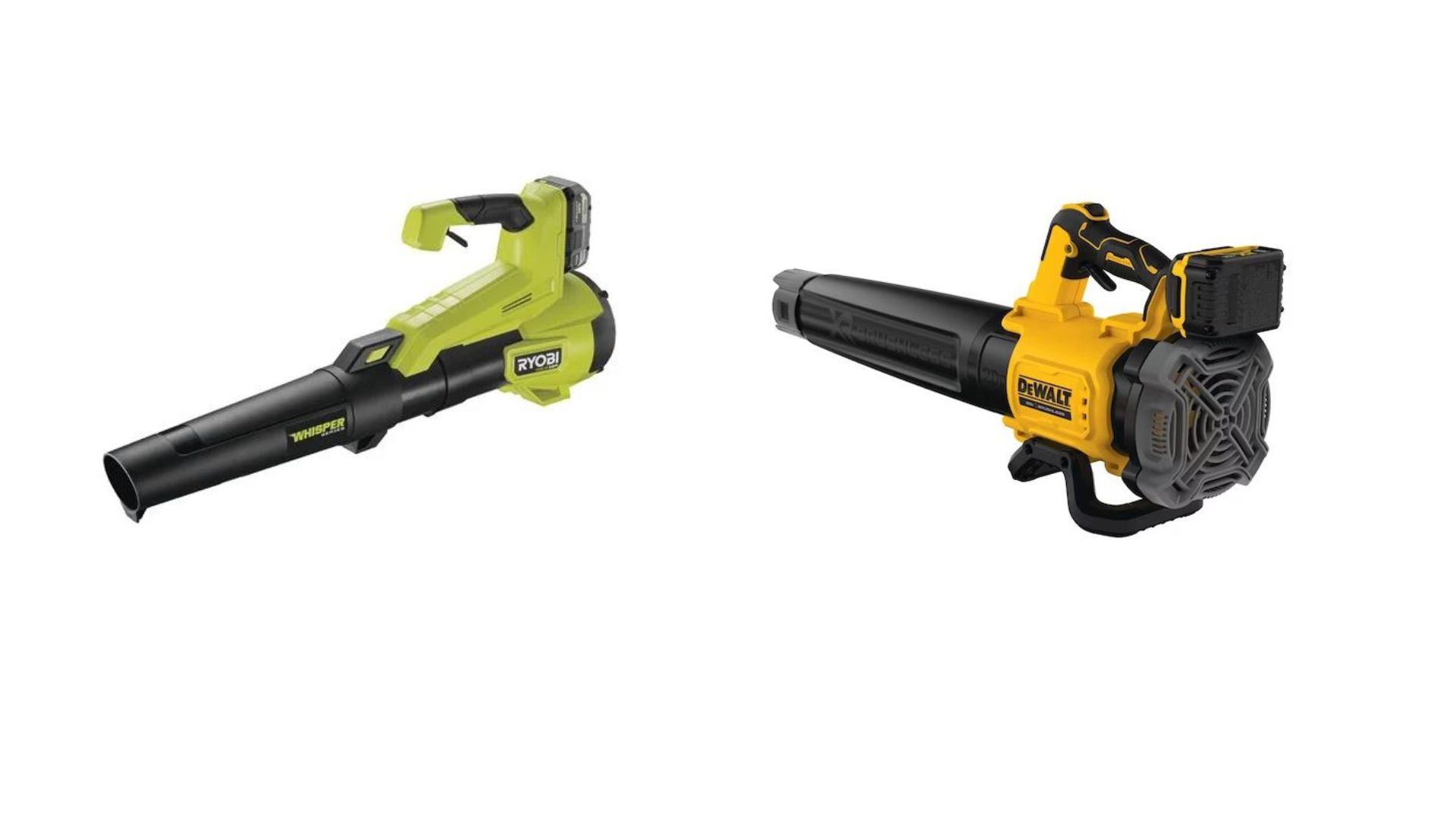
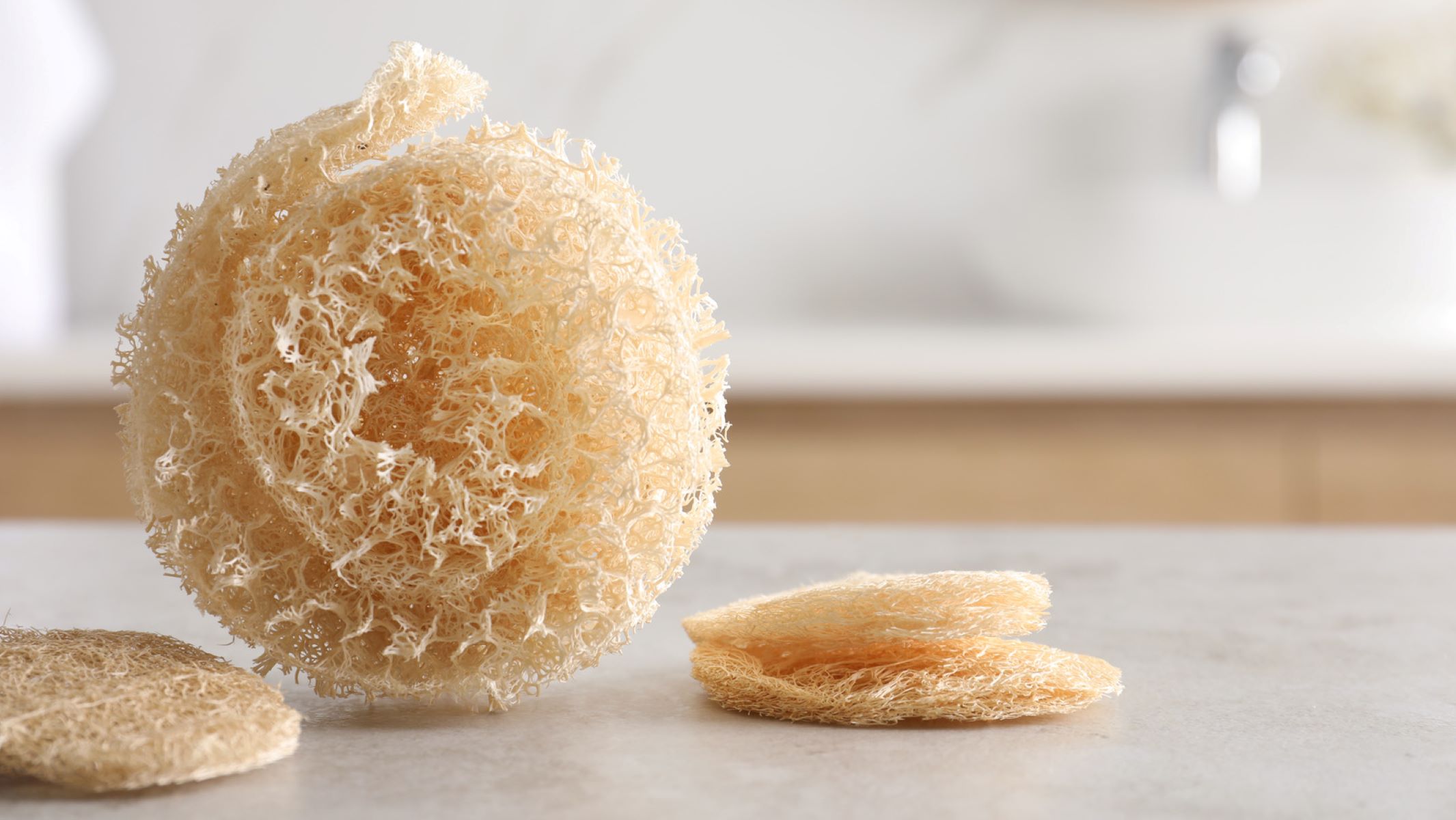
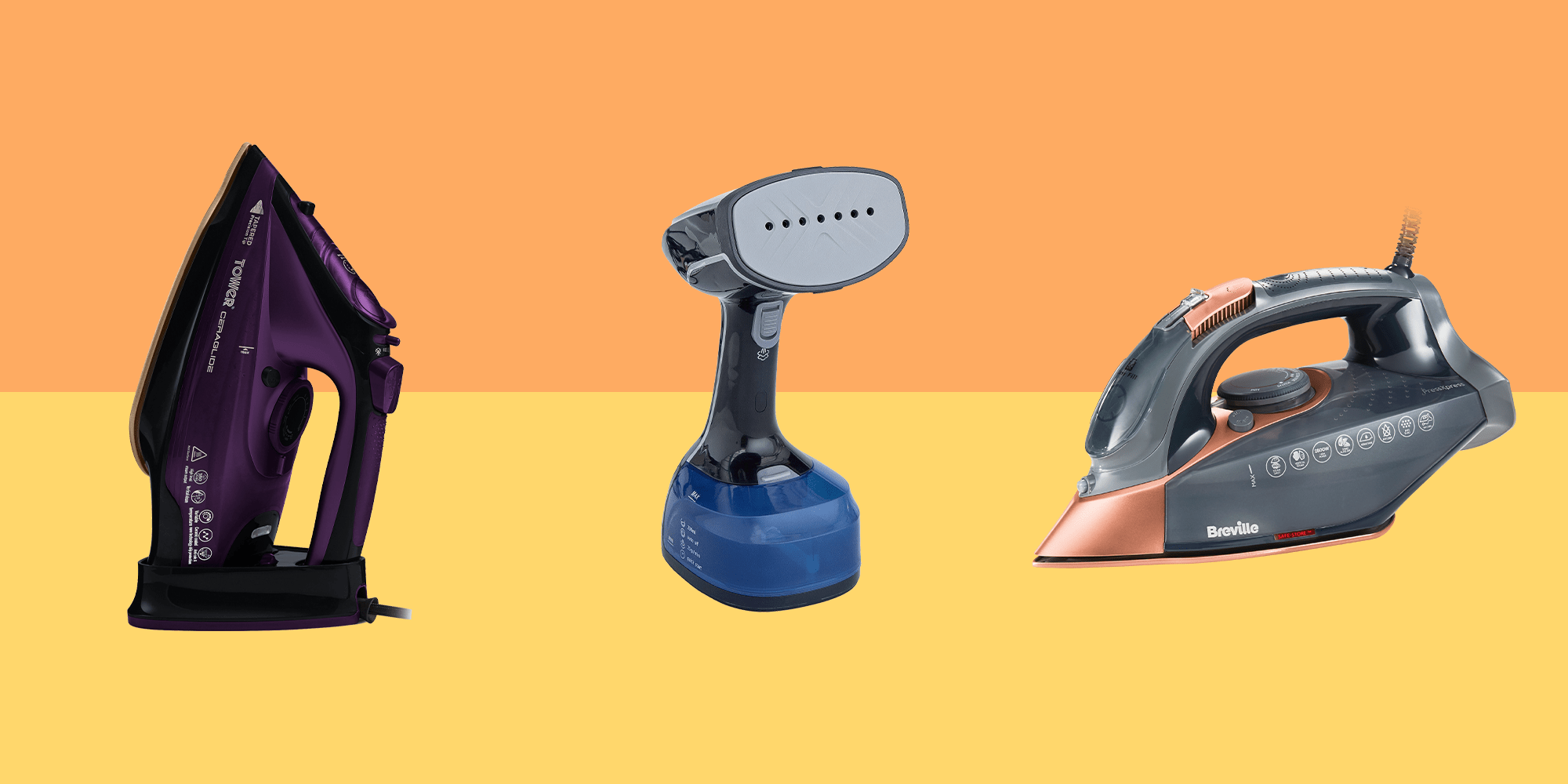


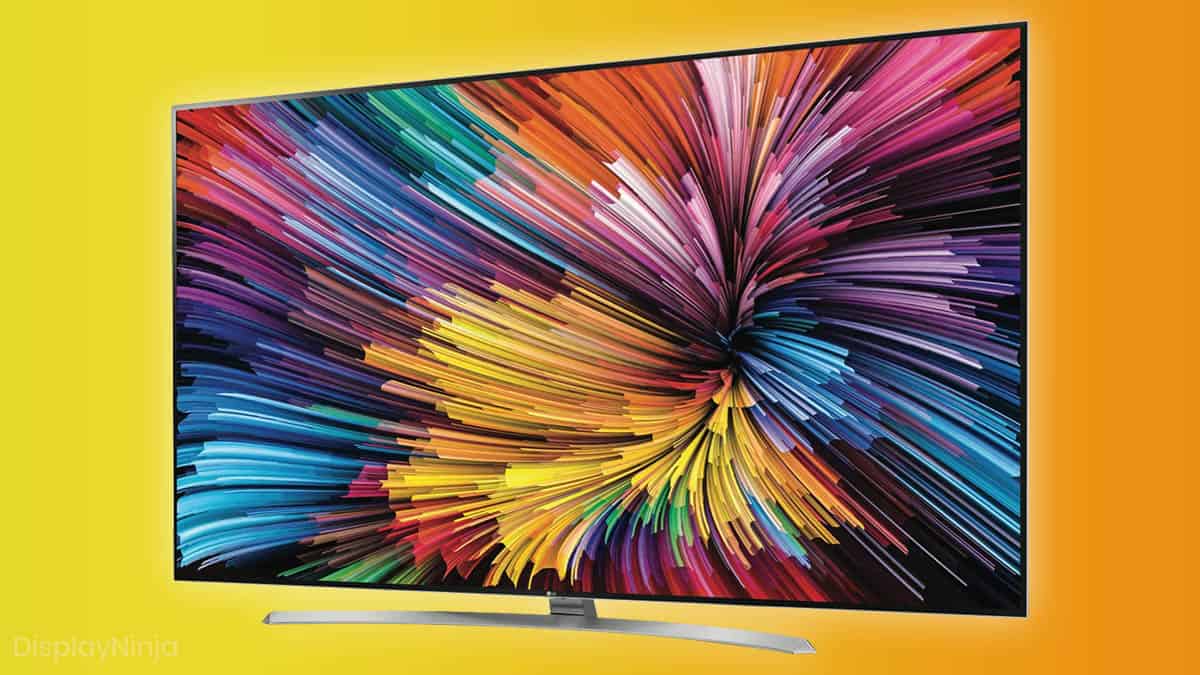

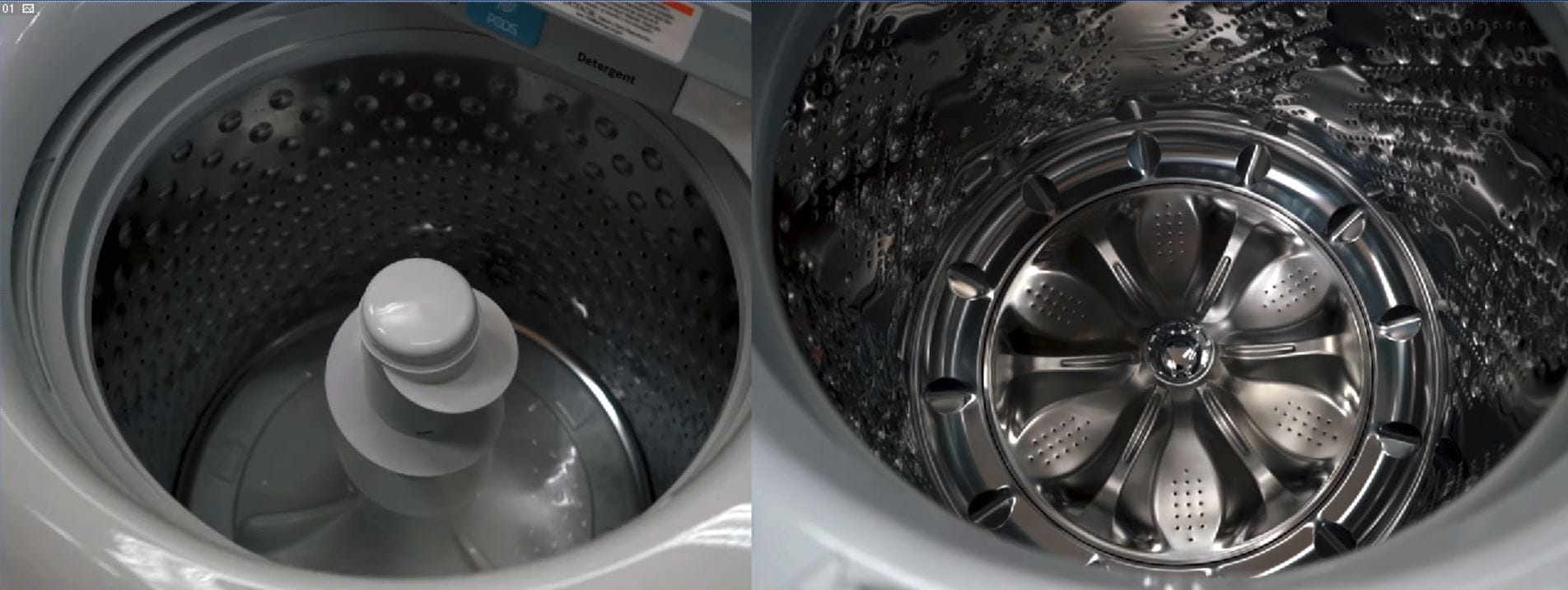
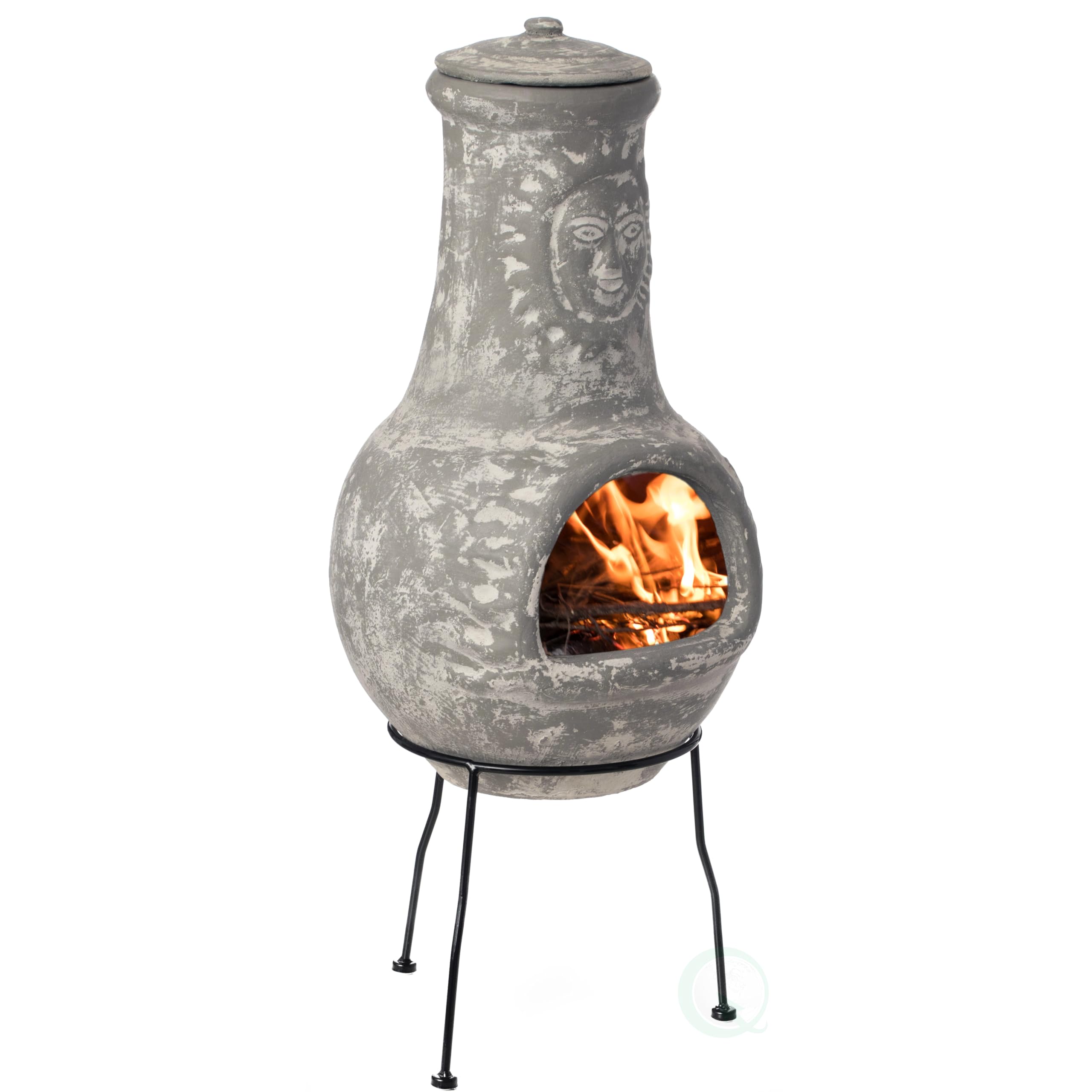

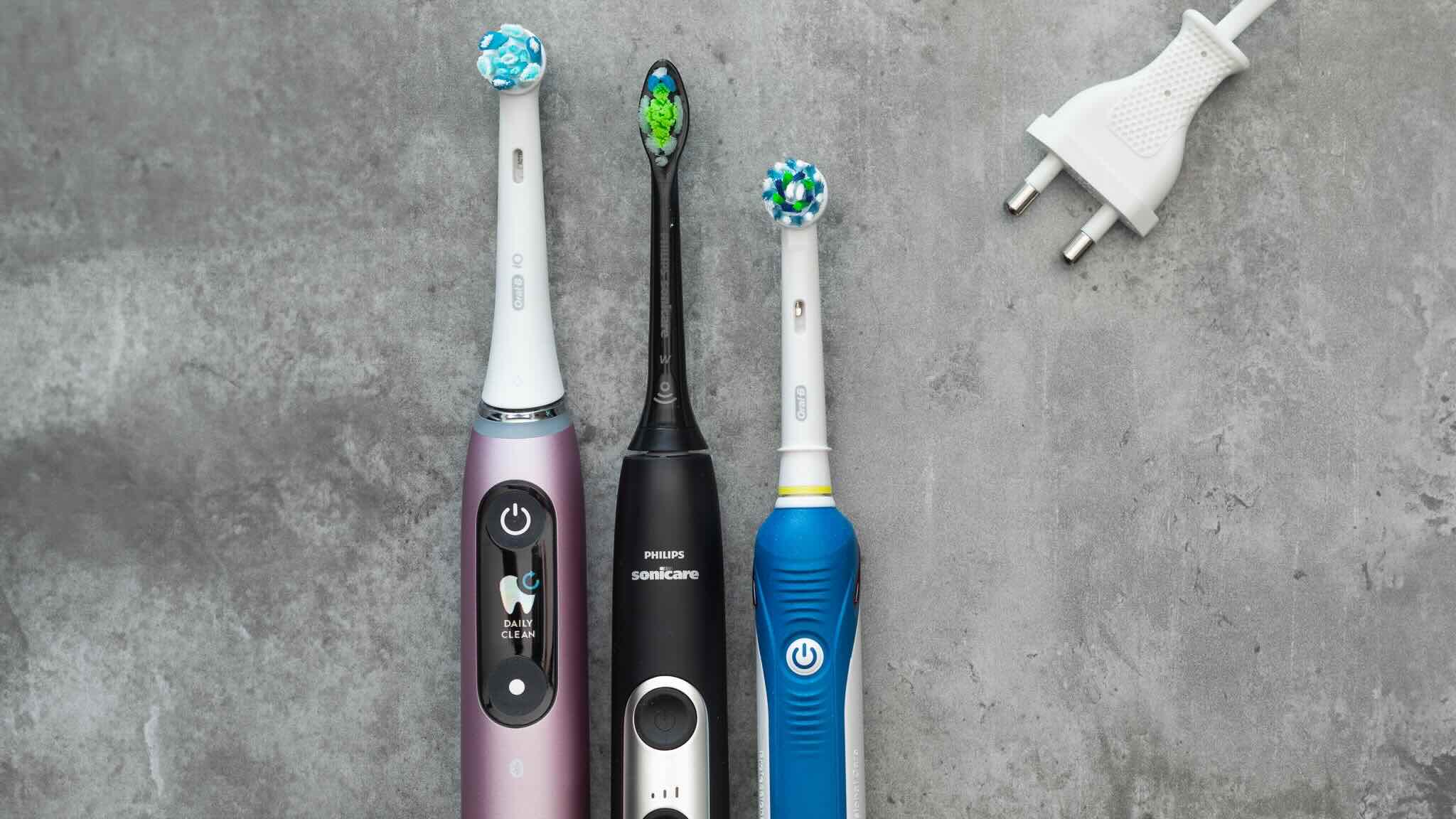
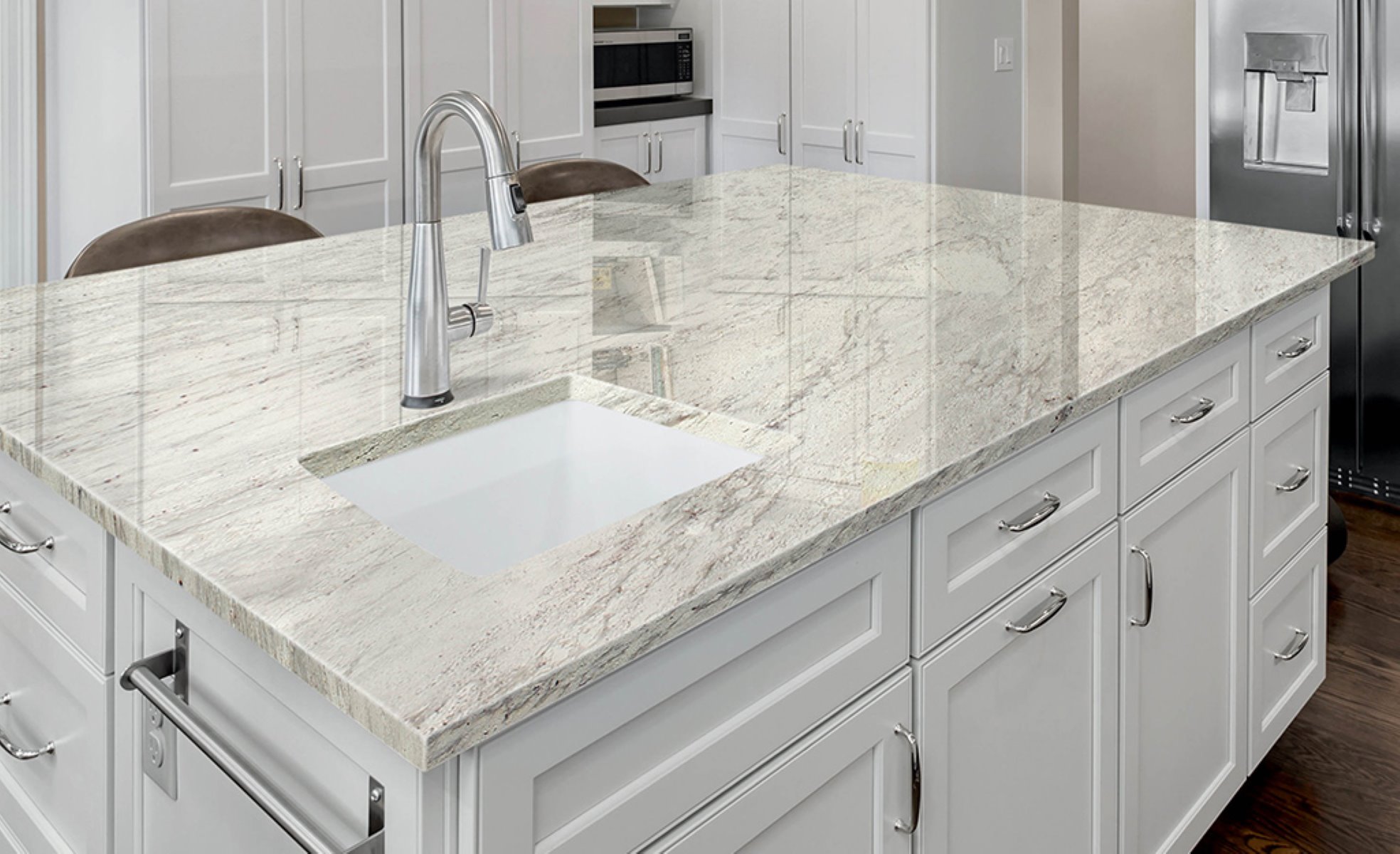

0 thoughts on “Which Is Better Juicer Or Blender”